Londoners sleep at a London Underground station to hide from German bombing in September
In the autumn of 1940—at the height of the Blitz—thousands of Londoners found their safest refuge deep beneath the streets in the stations of the Underground. With Luftwaffe raids pounding the city overhead, Tube platforms, passageways, and even escalator pits became impromptu dormitories. Some commuters lay side by side on wooden benches; others threw up makeshift hammocks between rails.
Why the Underground?
Natural shelter: The thick layers of earth above the tunnels provided protection from high‑explosive bombs and the incendiary “fire raids” that raged through central London.
24‑hour refuge: Stations were kept open around the clock. Guards and volunteers distributed tea, blankets, and sympathy as families settled in for the night.
Community spirit: Despite the cold, damp conditions—and the constant wail of air‑raid sirens—Londoners banded together. Strangers shared rations and, in many cases, formed lifelong friendships in the night shelters.
A Snapshot of Resilience This photograph captures more than just a makeshift dormitory: it shows ordinary people determined to carry on under extraordinary circumstances. Children slept soundly amid their parents’ arms, while the elderly dozed peacefully against the tiled walls. The escalators—normally busy arteries of daily life—stood still, repurposed as communal sleeping platforms.
“Night after night I’d descend those chill steps, lantern in hand, to find my neighbours already tucked in with their precious bedding and gas‑mask tins at their heads. In the darkness, you felt closer to everyone around you—all of us united in hope that the dawn would bring calmer skies.” —Olivia Turner, age 8 in 1940, recalling her first night in the Underground shelters.
If you have personal or family stories from the Blitz—whether in photos, letters, or diaries—we’d love to help preserve them. Share your wartime memories on OldPik.com and add your voice to the living history of London’s indomitable spirit.
Comments
Contributed by

OldPik
January 6, 2025
Have old photos?
Share your historical photographs and help preserve our collective memory.
Upload pictures

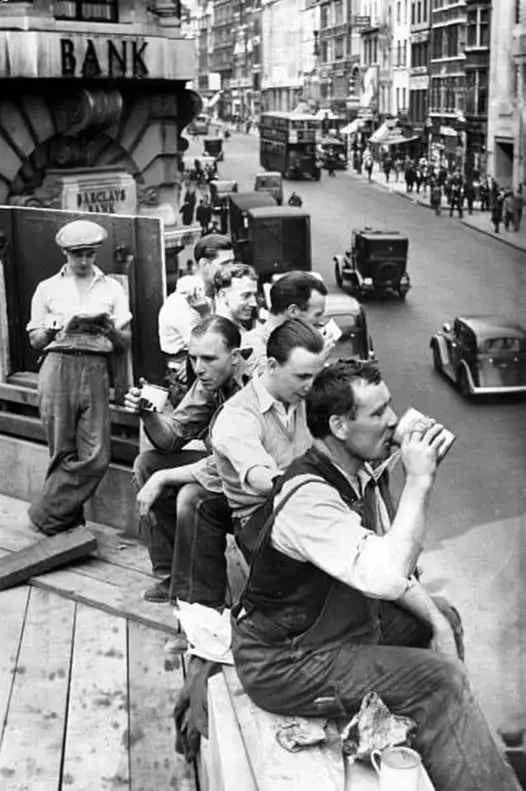
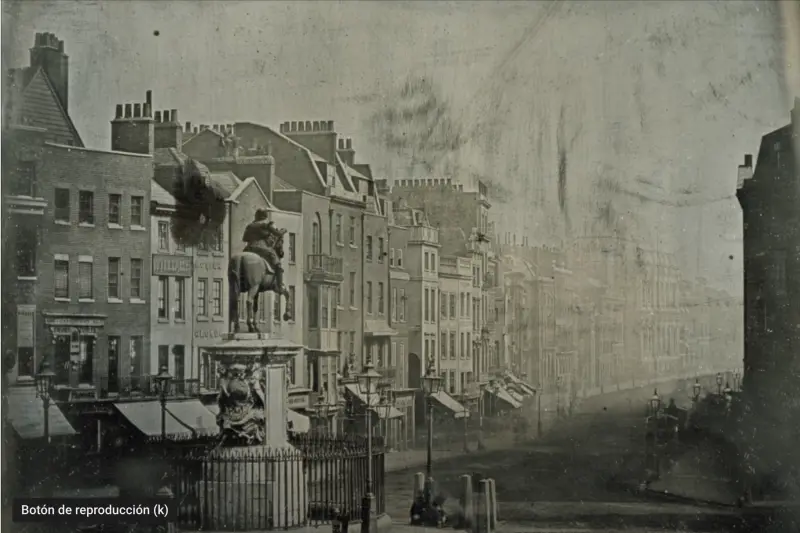
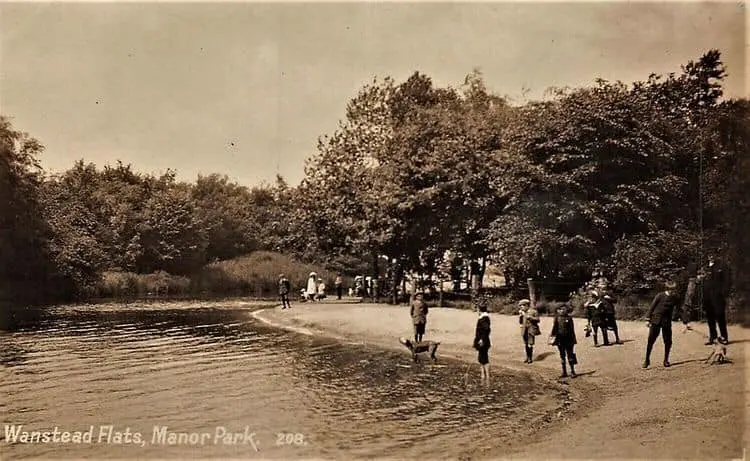
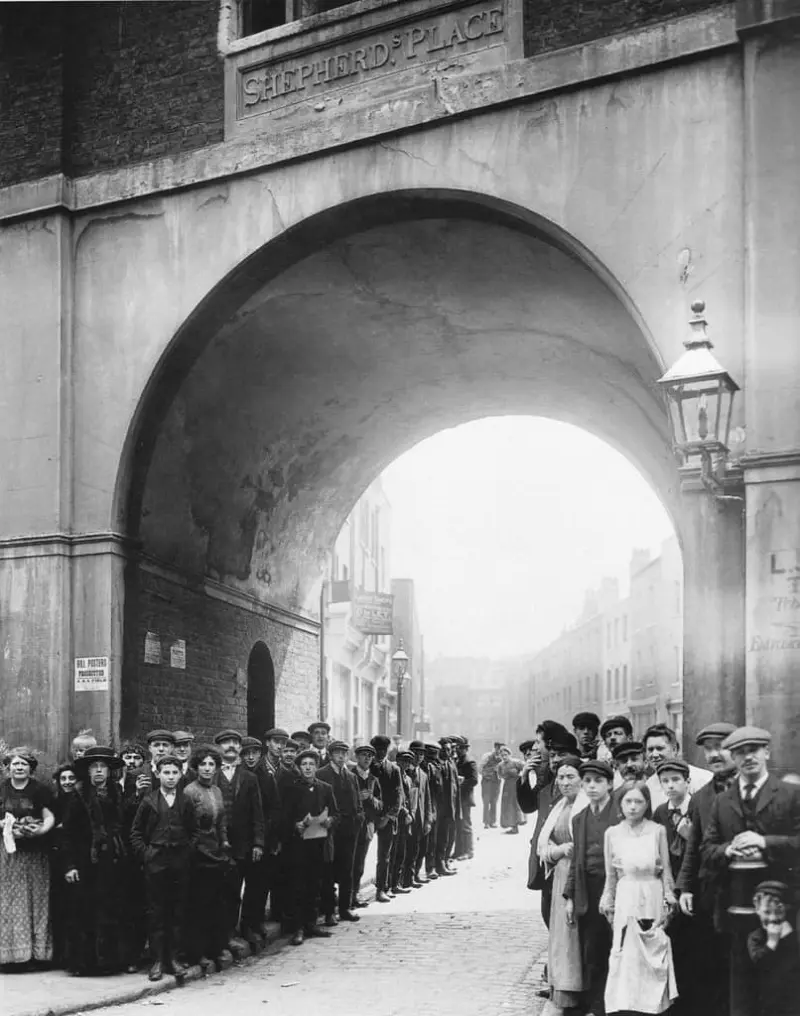
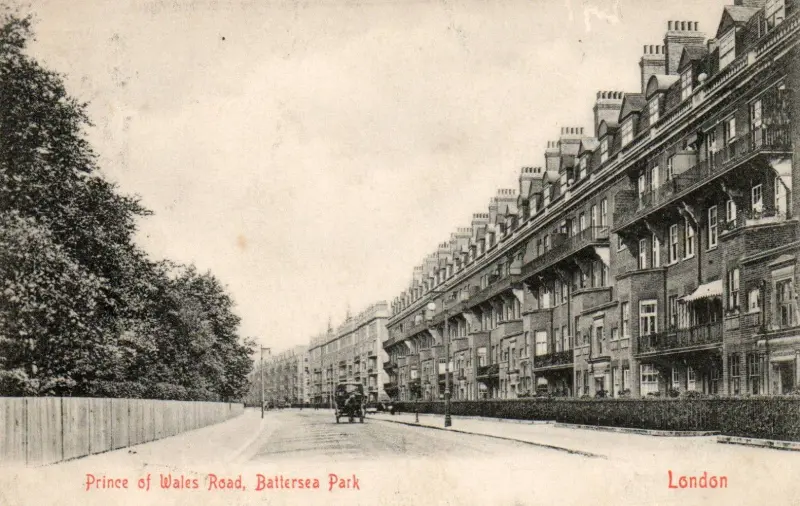
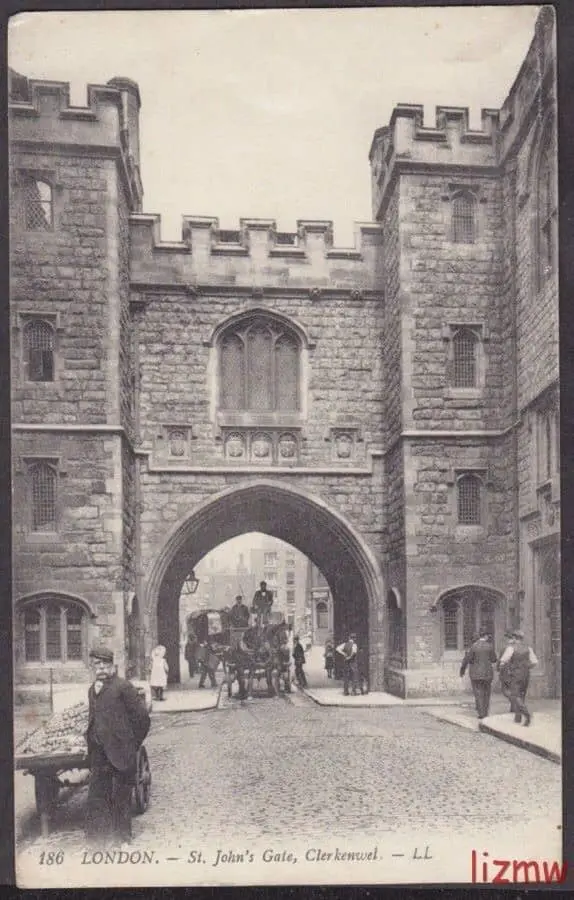
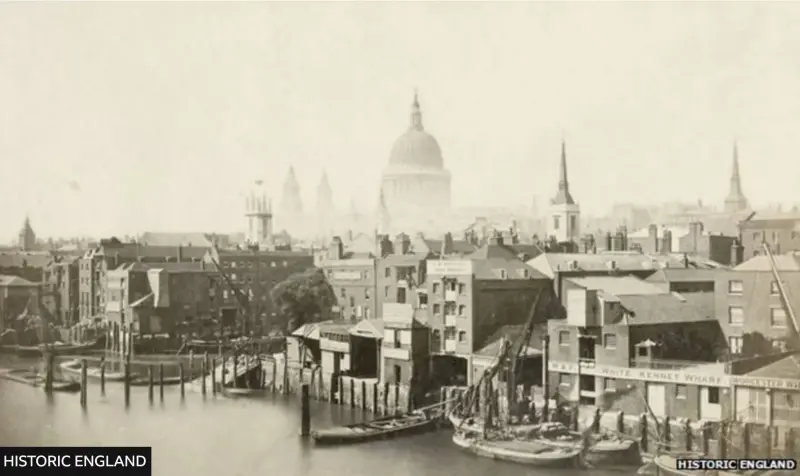
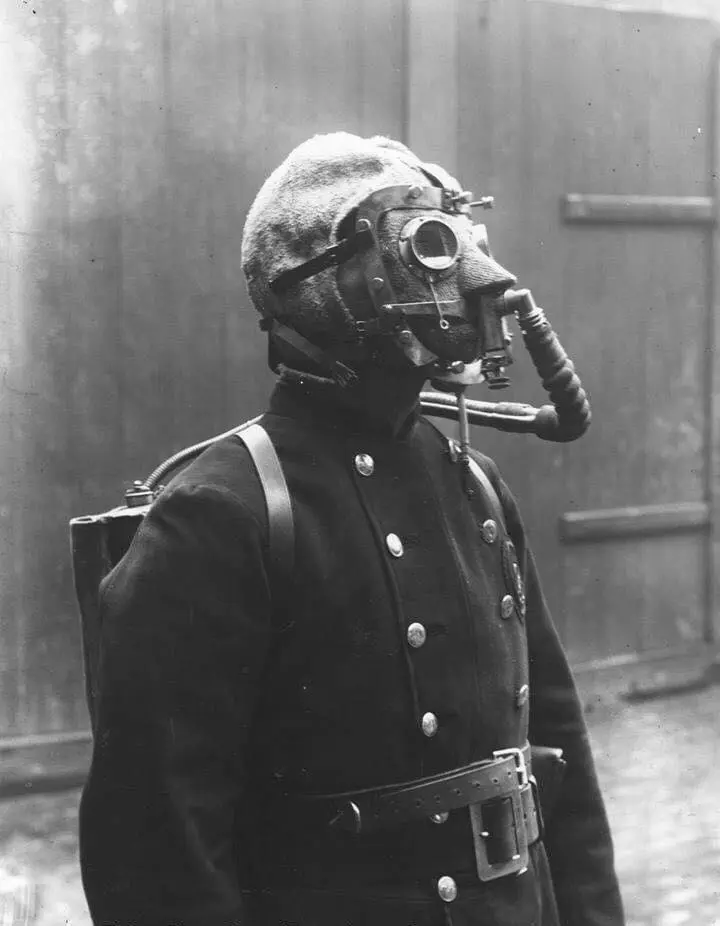
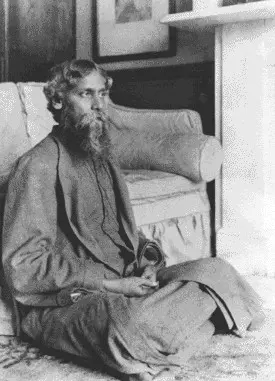
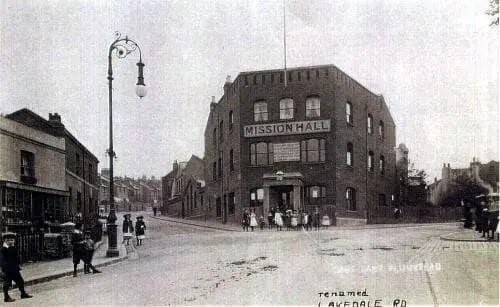
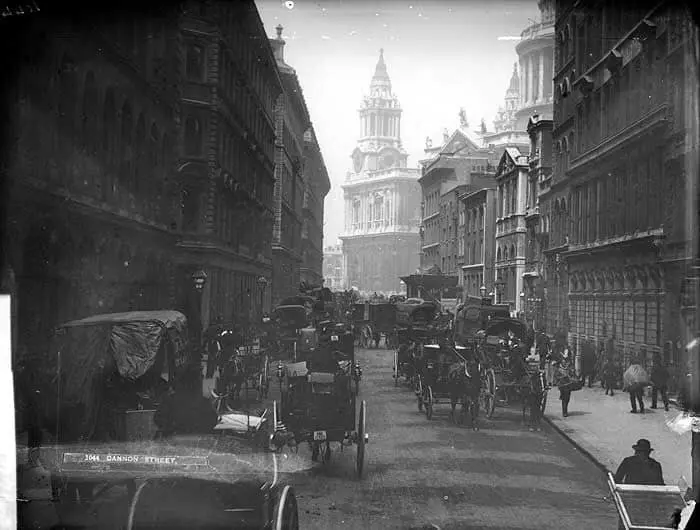
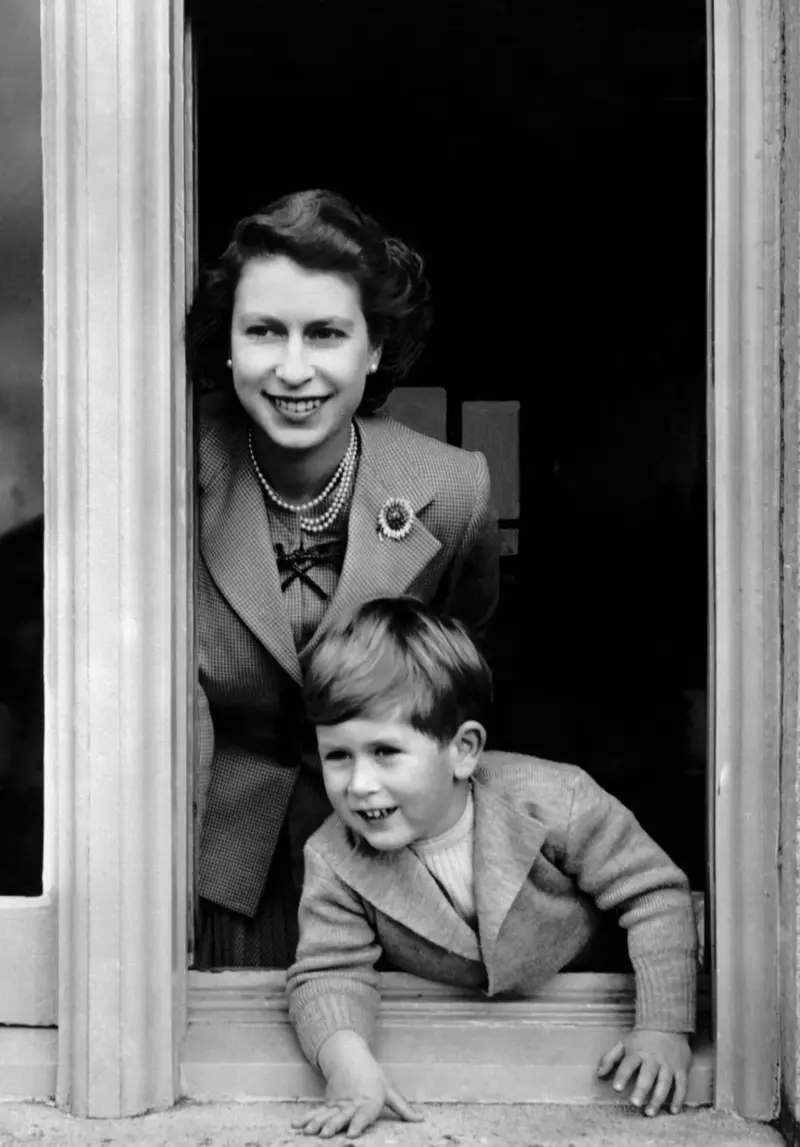
No comment yet, be the first to comment...